Pancreatic Cancer

Pancreatic cancer is the fourth leading cause of cancer deaths. Less than 20% of patients are candidates for surgery at diagnosis. There are few available treatment options for the remaining patients, and so most survive for only a few months. These needs are driving our research and clinical focus at Cambridge. Scientists are involved in research into the biology of pancreatic cancer, identification of biomarkers, epidemiological studies and clinical trials with the mission of improving the outcome for patients with this disease.
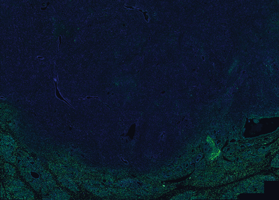
The University of Cambridge Pancreatic Cancer Centre brings researchers in basic and clinical science together with surgeons, physicians and nurses who treat pancreatic cancer at Addenbrooke's Hospital, in a multi-disciplinary approach to translational research to improve patient outcomes.
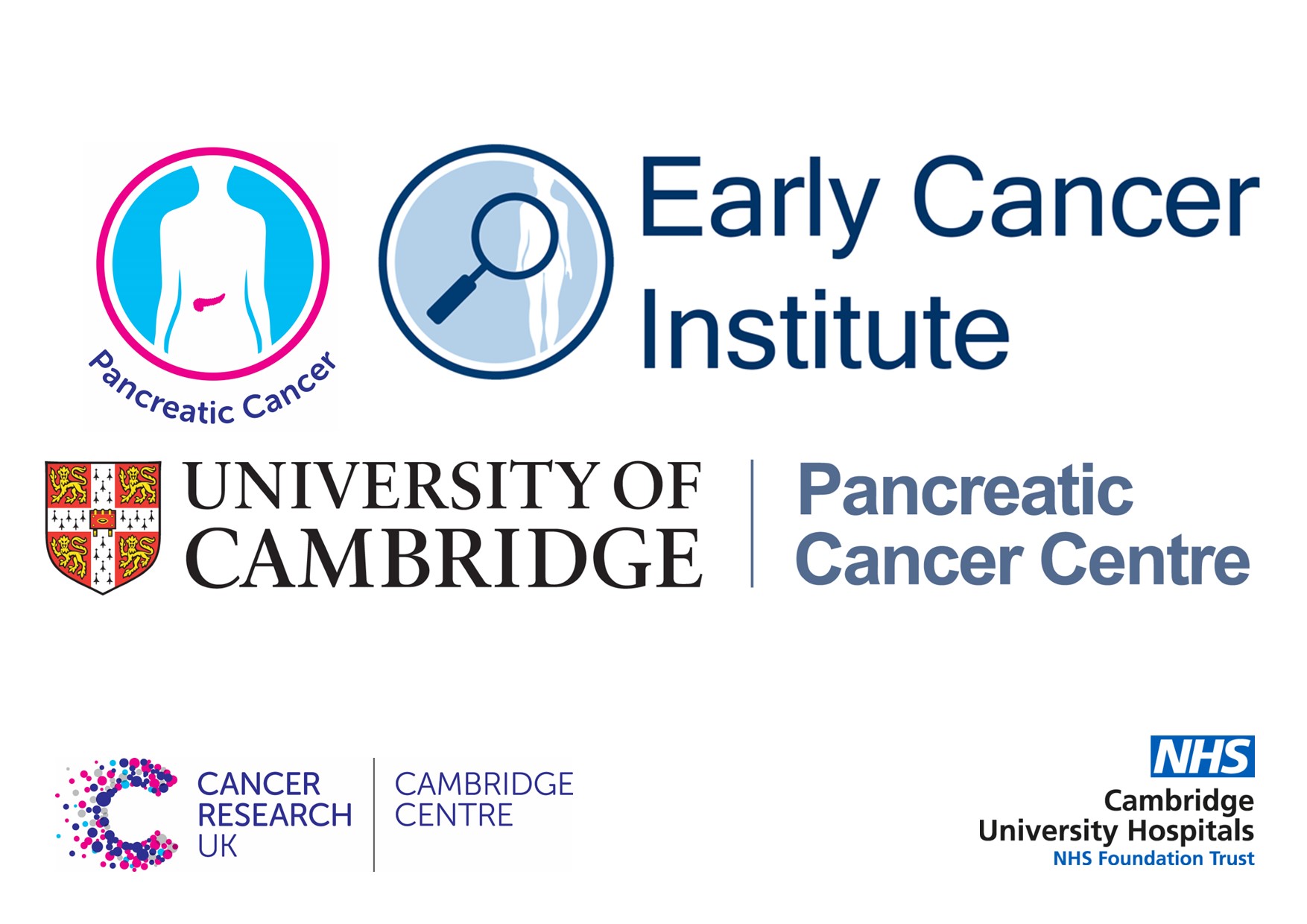
Members of the Early Cancer Institute and the Pancreatic Cancer Programme will be hosting a joint seminar at the CRUK Cambridge Institute on Thursday 22nd September 2022 from 16:00. Guest speaker Prof Eithne Costello will be joining from the University of Liverpool.

Members of the Pancreatic Cancer Programme run many different clinical trials and studies at Addenbrooke's Hospital.
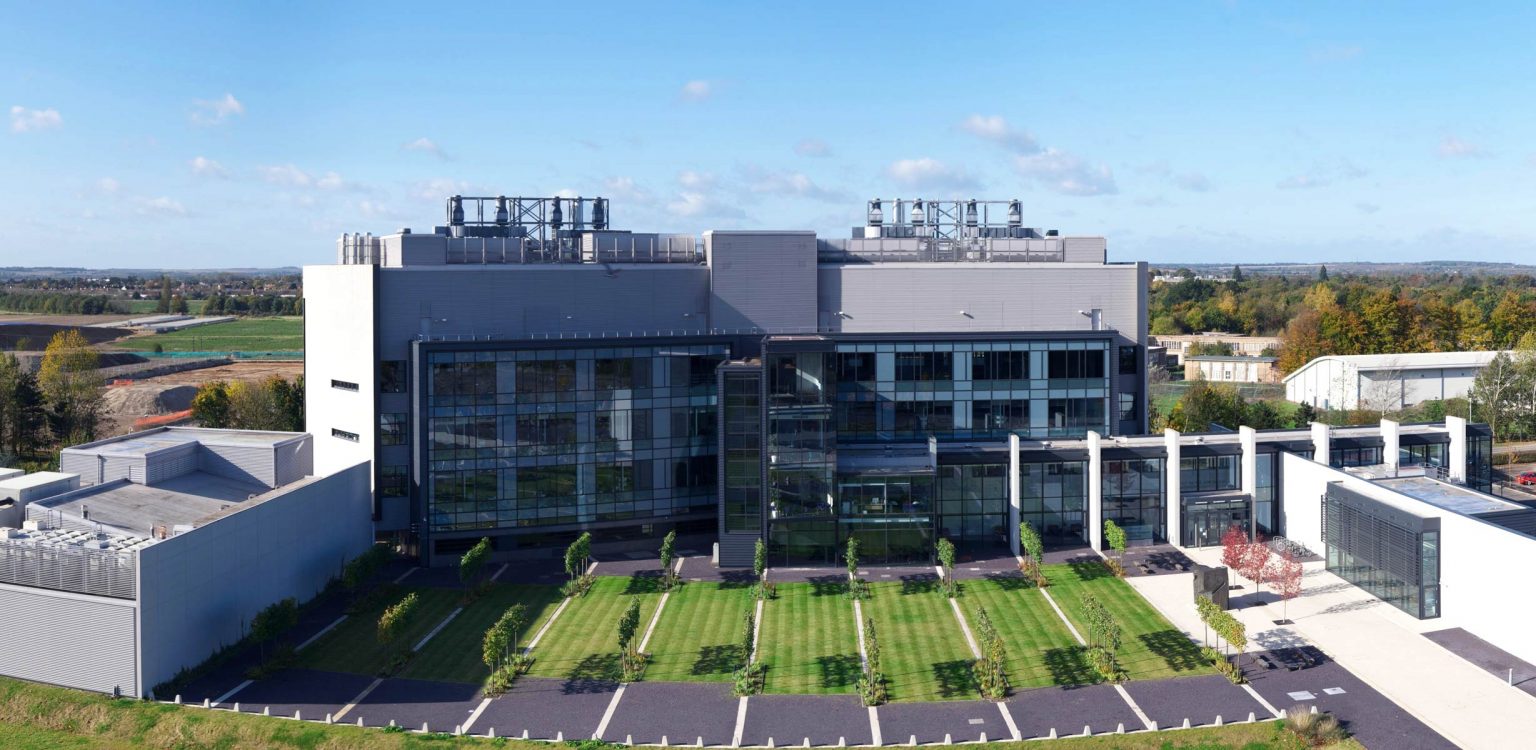
The sixth Cambridge Pancreatic Cancer Symposium was held on 6th May 2022 at the CRUK Cambridge Institute, featuring keynote speaker Dr Robert H Vonderheide. For more information on the speakers and the full programme click here.
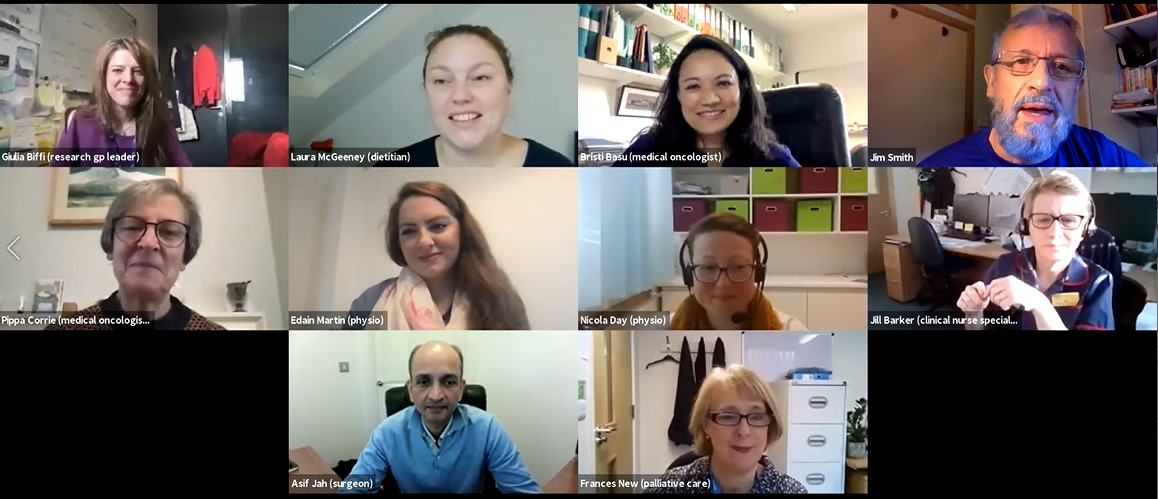
You can also learn more about some of the basic biology of pancreatic cancer in a seminar on fibroblasts and the tumour microenvironment given by our Programme co-lead Dr Giulia Biffi.
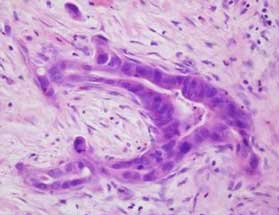
Download a presentation by Professor Duncan Jodrell from his Lectures in Cancer Biology talk given at the Cancer Research UK Cambridge Insitute in April 2016.
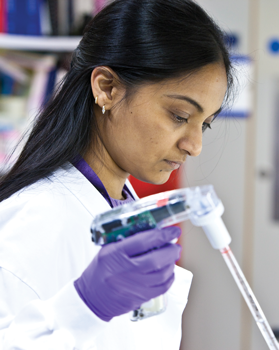
In a disease where only 10–15% of patients are suitable for resection at the time of presentation, there is a need for better and earlier diagnostic techniques. In addition, high risk populations need to be identified and screening approaches considered. This is being studied using pre-clinical models to identify genes that drive pancreatic cancer, familial genetics, biomarkers for risk stratification and therapeutic responsiveness, and defining pathways for managing pancreatic cystic lesions by identifying low and high risk lesions.
Activating mutations in the Kras oncogene occur in over 90% of pancreatic cancer cases, but how associated genetic alterations work to promote the disease is not understood. Researchers across the Centre are combining studies on pre-clinical models for pancreatic cancer with genetic analysis of samples from human tumours to identify new oncogenes that may drive pancreatic carcinogenesis, and influence the clinical behaviour of the malignancies. They have identified genes that work as guidance molecules in the nervous system – but not previously implicated in pancreatic cancer – providing new insights into the biology of the disease.
In another study, Centre researchers have found that inheritance of even one defective copy of a gene, previously implicated in breast cancer predisposition, can work with activated Kras to cause pancreatic cancers, which are resistant to certain forms of targeted therapies. They have also found that anti-cancer drugs may penetrate poorly into some tumours because the tumour is surrounded by a dense fibrous capsule induced by the cancer cells, which reduces the blood supply. This has suggested a novel combination therapy targeting both the cancer cells and the fibrous capsule.
Linking the laboratory and the clinic to improve pancreatic cancer treatment Centre researchers have established unique pre-clinical models which closely resemble the human disease. They use these to test the effects of potential new therapies and to help select those most likely to be successful in patients. A number of different new drugs have already been tested, and encouraging results prompt clinical studies by the Early Phase Clinical Trials Team.
Pancreatic cancers make themselves 'invisible' to our immune systems in ways that are poorly understood. Pre-clinical research in the Centre has identified a particular type of cell within the tumours, which seems to block the entry of immune cells and thus immune attack. In experimental systems, ablation of this cell allows the immune system to fight the cancers, with exciting implications for the development of a new approach to treatment.
Collaborations are investigating the mechanism of cachexia (wasting syndrome), which has a negative impact on the quality of life and survival in this disease. Other groups in Physiology are investigating hypoxia-induced factor (HIF) and thrombosis, which is a major feature and cause of mortality in patients with pancreatic cancer. Further groups are working on the utility of endoscopic ultrasound guided core sampling to improve diagnostic accuracy and generate tissue for further research.



















